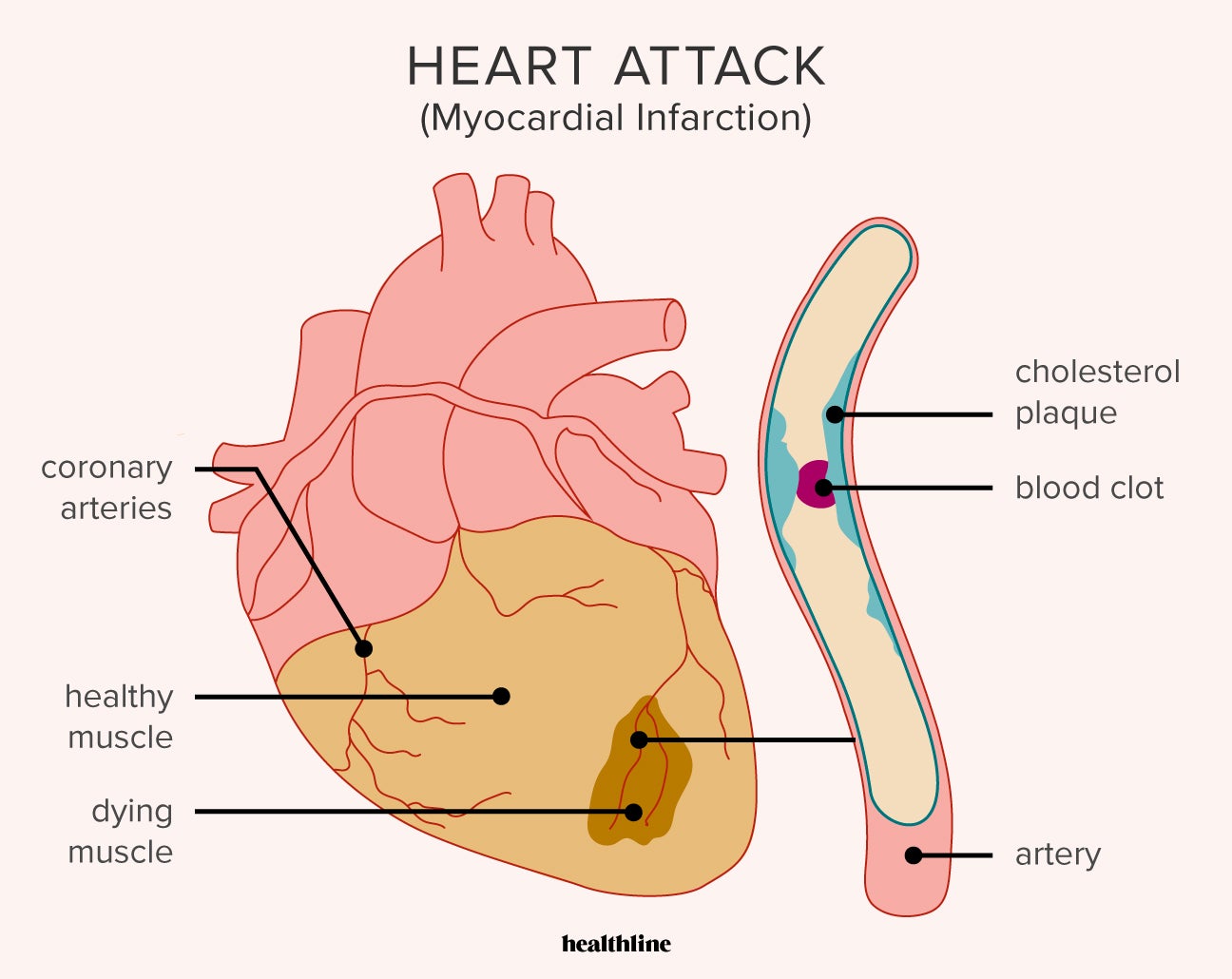Heart disease often manifests through subtle warning signs long before a major event occurs. Being aware of these signs can empower you to take preventative steps and seek medical guidance in time. Here are six key signs your body might exhibit if your heart health is at risk.
1. Chest Pain or Discomfort
Chest pain, often described as a squeezing or pressure-like sensation, is one of the most common signs associated with heart issues. This discomfort may radiate to your back, shoulders, arms (particularly the left arm), neck, or even jaw. Unlike typical muscle soreness, cardiac-related pain may worsen with exertion and ease with rest.
Why This Matters: Your heart muscle requires adequate blood flow to function properly. When arteries become narrowed due to plaque buildup, blood flow is restricted, which can trigger pain, commonly known as angina. If you notice any persistent or recurring chest pain, it’s essential to consult a healthcare professional to determine if it’s heart-related.

2. Shortness of Breath
Feeling out of breath, especially after minimal exertion, can signal an issue with your heart’s ability to pump blood effectively. This symptom often appears during activities or even at rest, especially when lying down. You may find yourself needing to prop up with extra pillows at night to breathe comfortably.
Why This Matters: Shortness of breath can be caused by fluid buildup in the lungs, which is common in heart failure. When your heart can’t pump efficiently, fluid can back up in your lungs, making it hard to breathe. This is a sign that your heart is under strain, and medical intervention could prevent further progression.
3. Swelling in the Legs, Ankles, and Feet
Swelling, medically known as edema, occurs when blood flow out of the heart slows down, causing blood to pool in the lower extremities. You may notice puffiness in your feet and ankles, and your shoes may feel tighter than usual.
Why This Matters: Edema can be a sign of congestive heart failure, where the heart struggles to meet the body’s demands. When fluid accumulates in the body, it indicates that your heart may not be able to circulate blood as effectively, causing the buildup of fluids in tissues.
4. Fatigue or Weakness
Feeling unusually tired, especially if it’s not relieved by rest, can be an early warning sign of heart issues. If normal activities leave you feeling drained or you need to take frequent breaks to catch your breath, your heart could be struggling to supply enough oxygenated blood throughout your body.
Why This Matters: Fatigue happens when your heart is unable to meet the body’s energy demands. As the heart weakens, blood flow to muscles and tissues becomes limited, causing you to feel lethargic and weak. This is a key indicator, especially if you previously had a higher energy level.

5. Irregular Heartbeat or Palpitations
An irregular heartbeat or palpitations—where you feel your heart racing, pounding, or skipping beats—can indicate a range of cardiac issues. Sometimes, palpitations are harmless, but if they are accompanied by dizziness, fainting, or chest pain, it could suggest an underlying problem.
Why This Matters: Irregular heartbeats, or arrhythmias, can occur when the electrical signals in your heart aren’t working as they should. Certain types of arrhythmias, like atrial fibrillation, can increase your risk of stroke and heart failure. If you frequently experience palpitations, consult a doctor to evaluate your heart’s rhythm.
6. Persistent Nausea or Indigestion
Heart-related nausea often feels different from typical digestive discomfort. It might not be related to eating or specific foods, and it could be accompanied by a general feeling of malaise.
Why This Matters: Nausea or indigestion can be a less obvious sign of heart disease, particularly in women. When the heart is struggling, it may disrupt blood flow to the digestive tract, resulting in discomfort. Persistent nausea and other gastrointestinal symptoms, especially alongside other heart-related symptoms, should prompt a check-up.
The Importance of Early Action
If you notice one or more of these symptoms, it’s essential to take action. Many of these symptoms can have multiple causes, so it’s vital not to jump to conclusions. A healthcare provider can help determine if these symptoms are heart-related, often through physical examinations, blood tests, and imaging.



